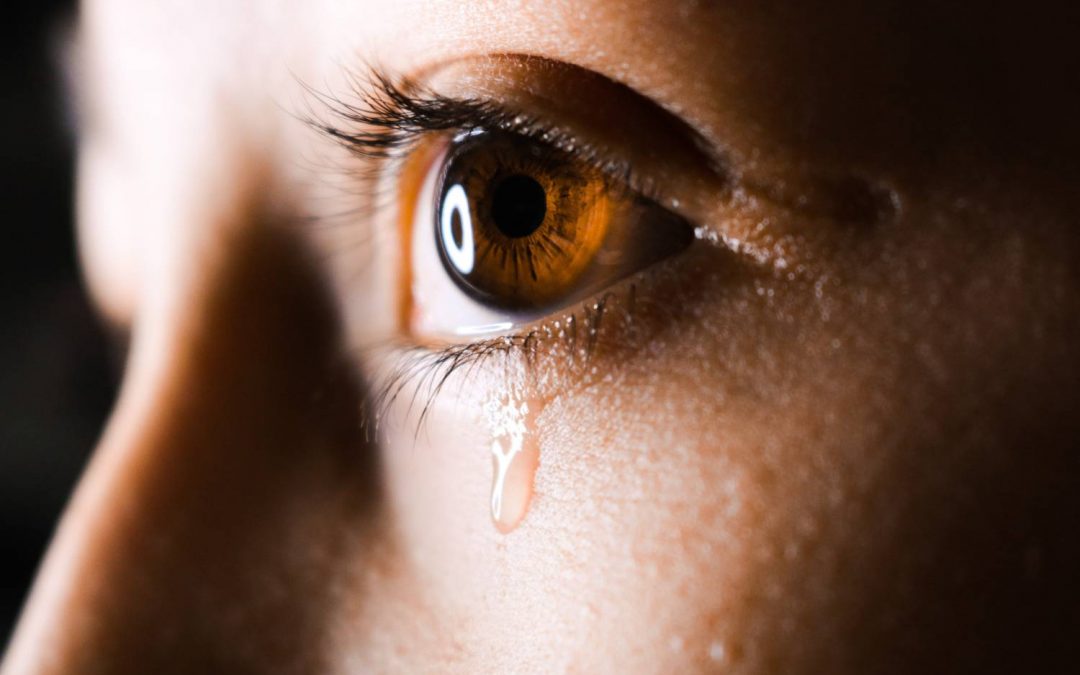After a crime is committed the police and or the the courts want to get a victim statement — to lay the evidence before the person who committed the crime so they can see how their victims have suffered.
This statement lists all the ways the victim has been impacted — how their life has been affected, both emotionally and physically. They get to relive and relay all the damages they have suffered so that reasonable retribution can be laid at the perpetrators door.
All very righteous and poor me — look what you’ve done and so on. But having to prepare one of these got me thinking about how those of us left behind after a loved ones’ suicide are the victims too.
We are adversely affected following any death of a loved one — but suicide seems to be particularly brutal. We are left feeling the usual grief at the death, yet there is so much more trauma involved than with that of a normal and presumably expected death.
We are all dying — in fact from the day we are born we are headed towards death, and it is expected. Sudden death from an accident or disease before we believe they are ready leaves us feeling cheated as well as bereft. Yet suicide is something else, it is certainly unexpected; it is traumatic and we are left grieving. But what follows are questions — many of them. We are left wondering if we had only done this or asked that. Why didn’t we see that there was a problem, if only we’d noticed how unusual their behaviour was and so on. We are left blaming and berating ourselves for being so self-absorbed that we didn’t notice what was right under our noses.
We are left mentally and emotionally scarred and taking blame where truly none can be cast. Physically there can be minor aliments that often lead into more major illnesses. We could pass these off as a normal part of life — but what if they’re not? What if they are a direct result of the tragedy that that person believes they should have prevented?
People who have decided to suicide do not undertake it lightly. They plan and prepare. They give away possessions — often gradually so this goes unnoticed. They say their goodbyes to loved ones only those loved ones don’t always realise this is the case. They plan and plot quietly and we don’t notice. Not because we don’t care, but simply because they don’t want us to notice. The decision has been made, they feel they are no longer necessary or that life is not worth living anymore, or that their loved ones would be better off not burdened by them.
Also, those of us left behind have often never been associated with suicide and don’t know that we could ask those hard questions or see the pain they carefully conceal from their loved ones. So we – as the loved ones left behind — the victims of suicide. With no malice intended.
I believe — and there are many accounts of people who had decided to suicide but were unsuccessful for various reasons — that their pain is simply too great to bear and suicide seems to be their only option. And we — those left to pick up the pieces are victims — victims of self-recrimination, doubt and blame.

